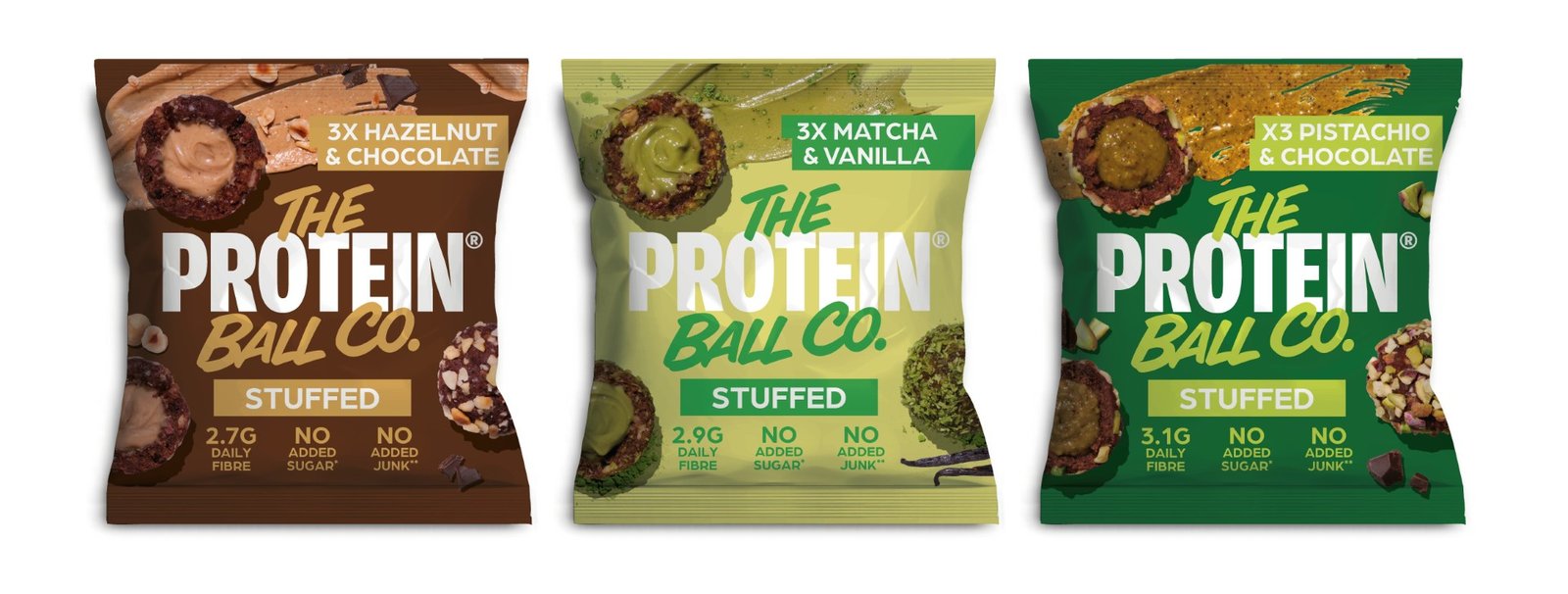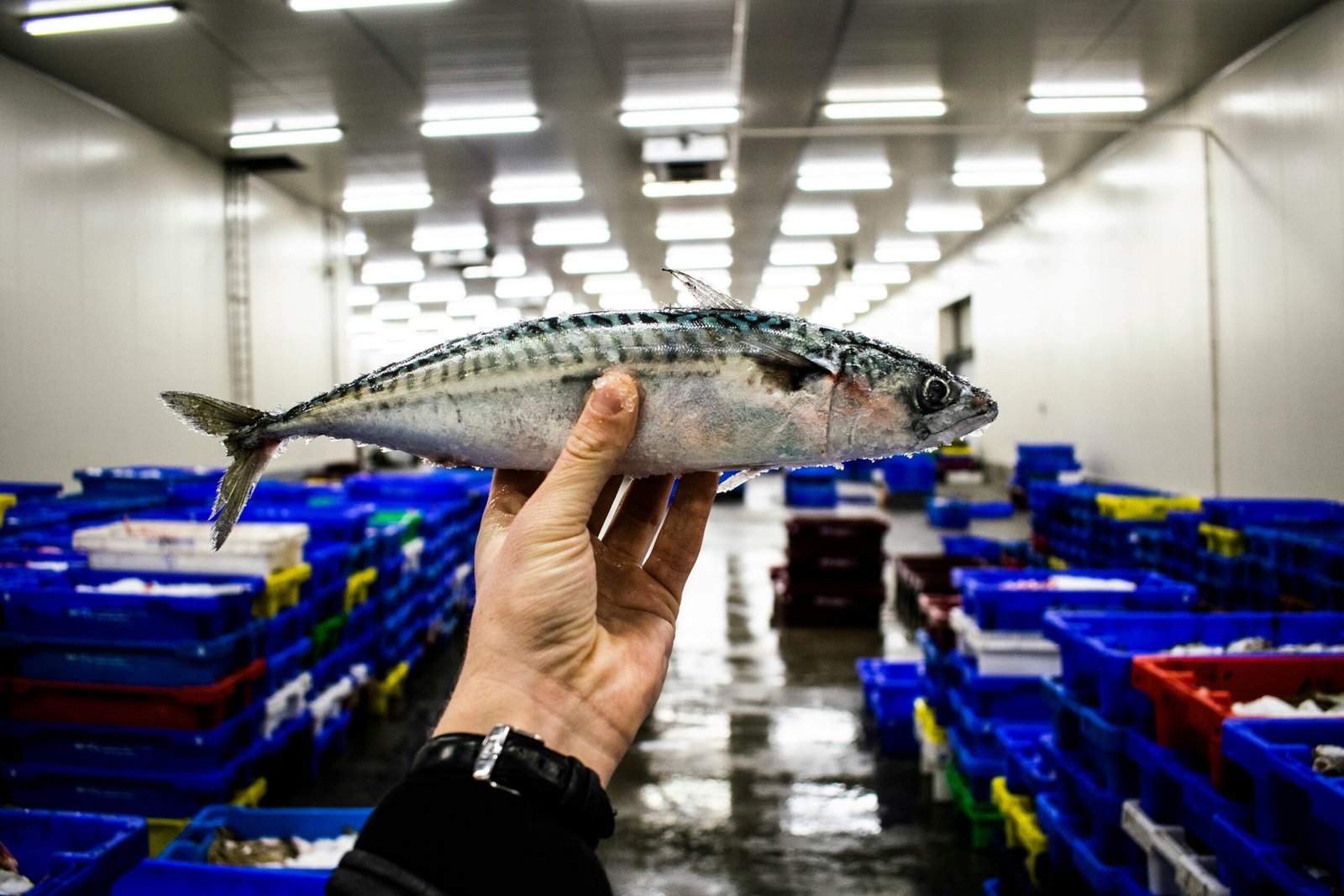NEW research has revealed that the type of vitamin D found in oily fish like Scottish salmon helps supercharge our immune system against bacteria and viruses.
A scientific study said vitamin D3 from animal-based foods is more effective at boosting vitamin D levels in the blood than D2, which is found in plant foods like mushrooms and added to some brands of bread, cereal and yogurts.
The three-month research, conducted in British women and published in the journal Frontiers in Immunology, also found that vitamin D3 activated genes linked with “interferon activity” which is a crucial part of our immune system’s defence against viruses and disease-causing bacteria.
It reported that vitamin D2 had the opposite effect and instead appeared to suppress the interferon genes.
Separately, a recent analysis by the University of Stirling’s Nutritional Analytical Service collected 15 samples of farm-raised Scottish salmon, representative of typical Scottish produce, and put them through a variety of laboratory tests to assess nutrient levels.
The percentages of an adult’s daily recommendation from one serving were as high as 71 per cent for vitamin D.
The study also showed salmon has 4.5 times the daily recommendation for special omega-3 fats found in marine foods, more than half our protein needs, and 42 per cent of the vitamin E recommendation.
The new figures for vitamin D and omega-3s were 7 to 8 per cent higher than in previous tests conducted in 2003 and 2020.
Despite the undoubted benefits of eating fish regularly, a recent study commissioned by Food Standards Scotland and conducted by Abertay University found that Scots are eating less than a quarter of the recommended serving of oily fish per week.
It found the average intake was 33g per person per week – 76 per cent lower than the 140g serving set out in the Scottish Government’s Scottish Dietary Goals.
Dietitian Dr Carrie Ruxton said:
“For years, we’ve believed that the two main types of vitamin D are equal, but this study throws that into doubt and suggests that vitamin D3 is more effective at preparing our immune system to tackle the threat of viruses and bacteria.
“Many people in the UK don’t get enough vitamin D from their diets, or from regular, safe exposure to summer sunshine. That’s why around a quarter of Scots are deficient in vitamin D, according to government estimates.
“A single portion of Scottish salmon provides more than 70 per cent of our daily vitamin D recommendation, and is also high in protein and other important nutrients.
You Might Also Like:
No related posts.
“Experts recommend that we all have one serving of oily fish a week and take a vitamin D supplement in autumn and winter to ensure we are meeting our vitamin D needs.”
Tavish Scott, chief executive of Salmon Scotland, said:
“Scottish salmon is one of the most nutritious products that Scots can put on their plate.
“This latest study from Frontiers in Immunology adds to our knowledge that salmon is healthier than ever, showing that the type of vitamin D3 found in salmon can help enable a critical immune system response to bacterial and viral infections.
“Recent findings indicating an increase in the nutritional value of farm-raised salmon have coincided with year-on-year improvements in the way producers are rearing and feeding their stock.”


















